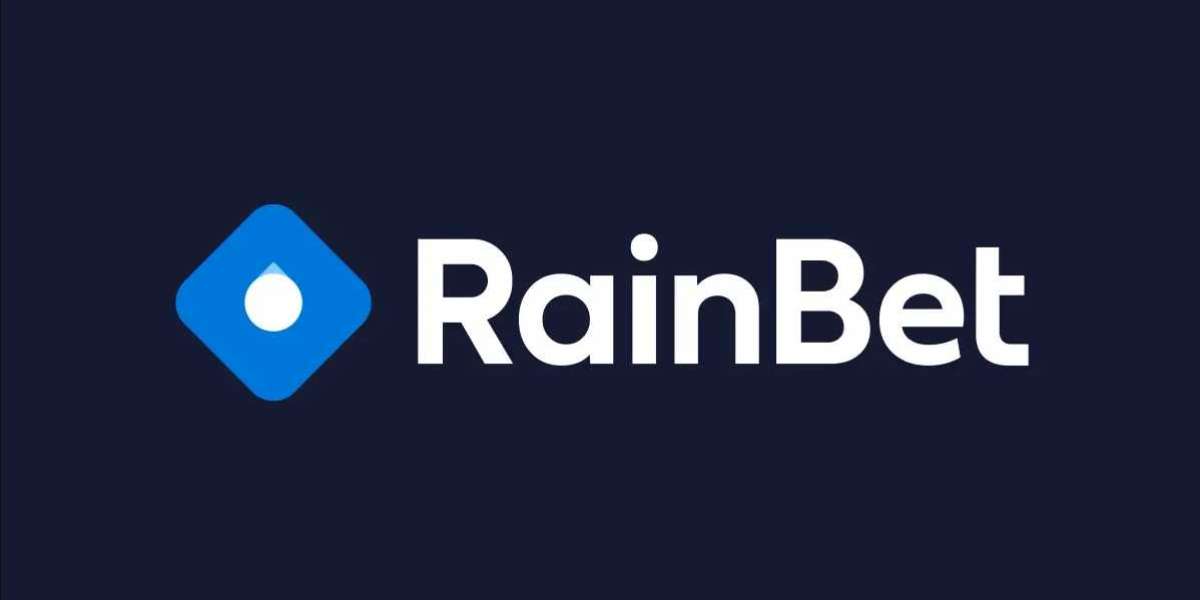South Korea is rapidly becoming a popular destination for international students due to its world-class universities, vibrant culture, and growing global presence in various industries. One of the most common questions prospective international students have when considering studying in South Korea is whether they need to know the Korean language. While it is not a strict requirement for all programs, understanding the language can enhance your experience and opportunities during your stay in South Korea.
Language of Instruction
The first thing to consider when deciding whether to learn Korean is the language of instruction at South Korean universities. Many universities in South Korea offer courses in English, especially at the undergraduate and graduate levels. These courses are typically designed for international students, allowing them to study without the need for proficiency in Korean.
In particular, fields such as business, engineering, international relations, and technology tend to offer a significant number of English-language programs. Some universities even have entire departments or faculties dedicated to offering programs in English to cater to the growing number of international students. Examples of universities with strong English-language programs include Seoul National University, Korea University, and Yonsei University, which are all highly ranked and attract students from around the world.
Korean Language Proficiency for Daily Life
While many universities in South Korea offer programs in English, daily life outside the classroom can still present challenges if you do not speak Korean. South Korea is a highly homogenous society, and while younger generations may have a basic understanding of English, Korean remains the dominant language in most social, business, and government settings.
Without proficiency in Korean, international students may find it difficult to navigate public transportation, interact with local people, or deal with essential tasks such as setting up a bank account, registering for health insurance, or finding housing. Simple interactions, such as ordering food or asking for directions, can be much easier if you know some basic Korean.
Learning Korean Before or During Your Studies
Given that language barriers may present challenges in daily life, many international students choose to study Korean before or during their time in South Korea. Many universities offer Korean language courses to help international students improve their language skills. Some universities even provide pre-degree language programs for students who want to improve their proficiency before starting their academic programs.
There are also many language schools and institutions in South Korea that cater specifically to international students, offering intensive Korean language courses. These programs can help students develop basic conversational skills or work towards fluency, depending on their needs and goals.
Korean Language and Career Opportunities
Proficiency in Korean can also open doors for better career opportunities after graduation. Many international students who come to South Korea choose to stay after completing their studies to work in the country. While English proficiency is valuable, employers in South Korea often prefer candidates who can communicate in Korean, as most businesses operate in the Korean language. Having a strong command of Korean can give international students a competitive edge in the job market, especially in industries such as marketing, finance, and technology.
Conclusion
In conclusion, while international students do not necessarily need to know Korean to study in South Korea—especially if they are enrolled in English-language programs—learning Korean can significantly enhance their experience. It makes everyday life easier, improves cultural understanding, and opens up career opportunities. For those planning to stay in South Korea after graduation or integrate more deeply into Korean society, knowing the language is an essential skill that can lead to personal and professional growth. If you are considering studying in South Korea, it is advisable to start learning some basic Korean, either before you arrive or during your time in the country, to make the most of your time abroad.







